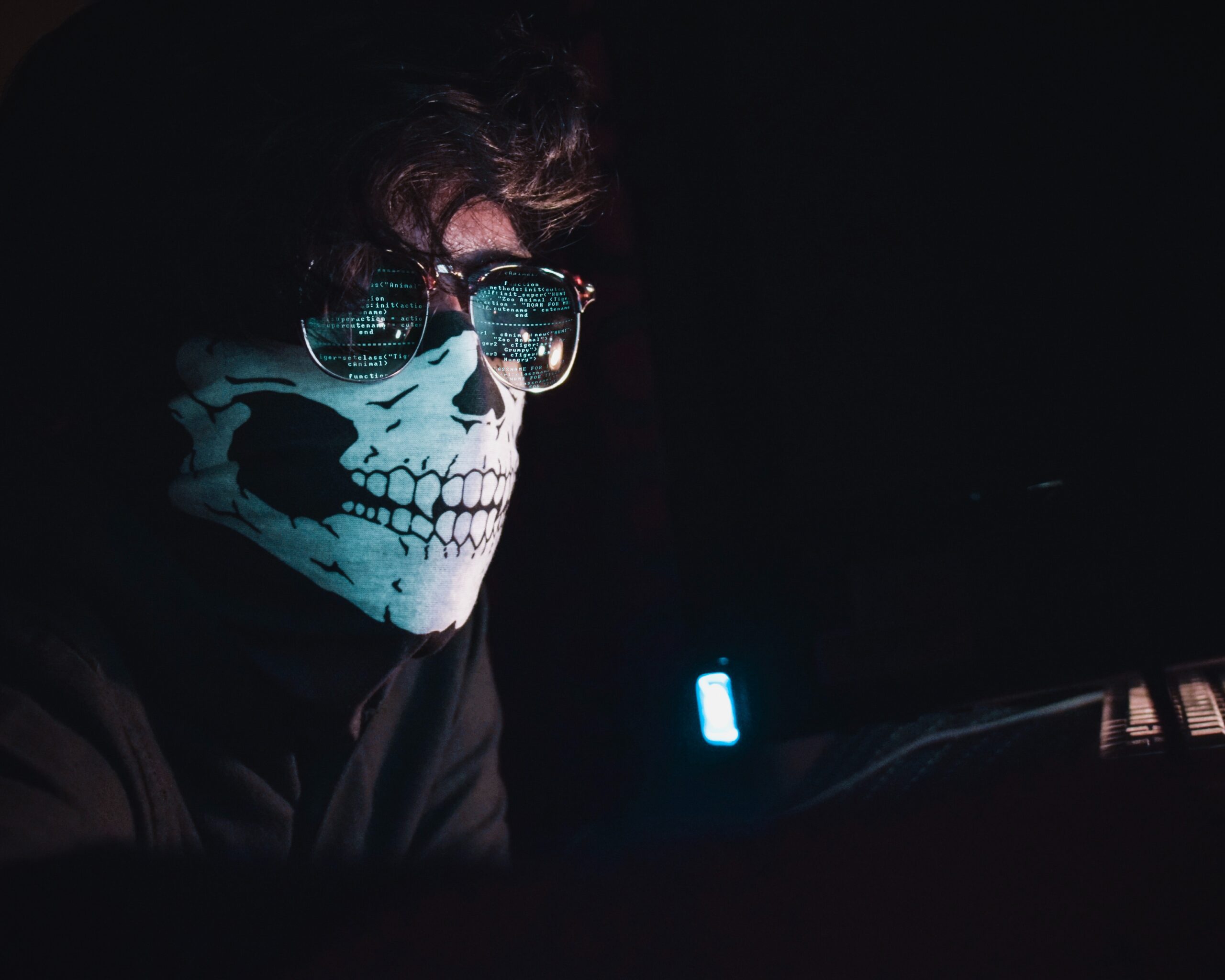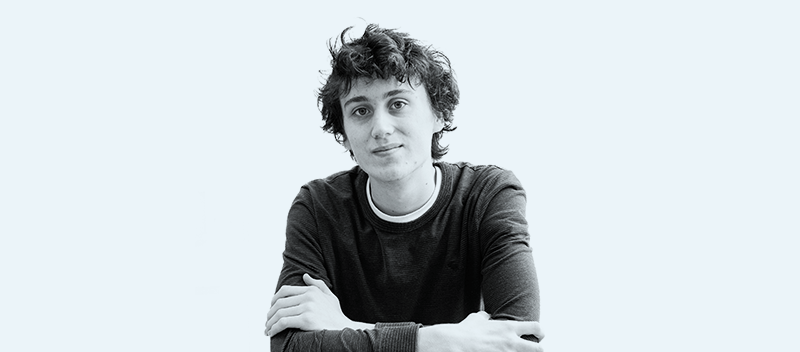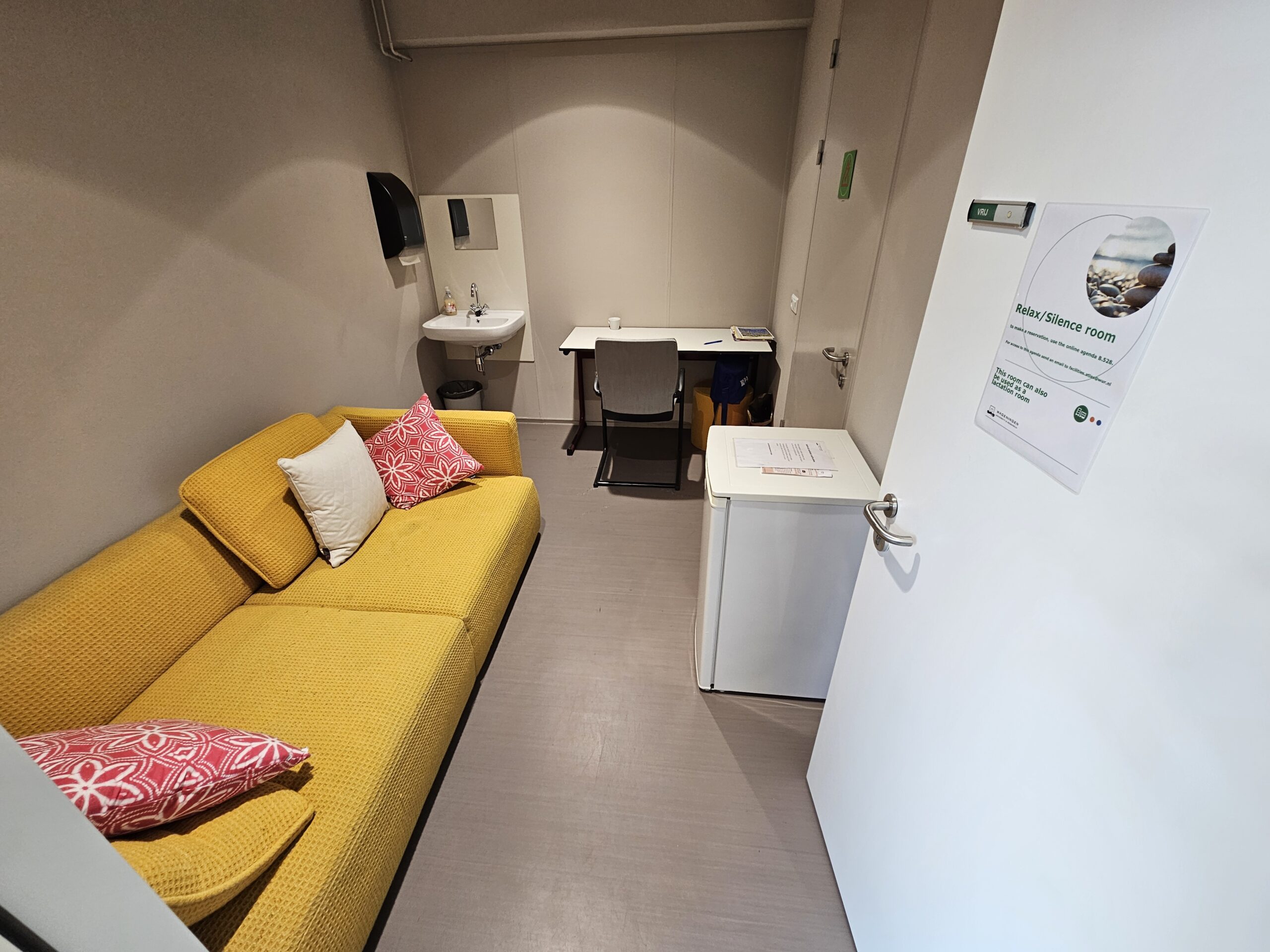‘And as Wageningen University & Research @WUR we support Marion Koopmans: Threatening scientists is unacceptable’, Arthur Mol tweeted yesterday at 17:43 pm, a few hours before the hashtag #ikstaachterkoopmans (IsupportKoopmans) became trending.
Virologist Koopmans sounded the alarm on Twitter yesterday following yet another hate mail directed at her. ‘I’m quite done, actually’, she wrote, understated. She called on the Public Prosecutor, the KNAW and UNL (VSNU’s new name) to take action this coming year. Het message led to a wave of messages of support, as well as to more hate speech from trolls, as might have been expected.
‘We are also done, and are eager to take steps, in consultation with the police and the justice department (and always in consultation with you)’, Pieter Duisenberg, who chairs the association of universities UNL, replied. Anelien Bredenoord, the rector of the Erasmus University where Koopmans is employed, also tweeted her support. Several members of the WUR community also tweeted under the #ikstaachterkoopmans hashtag.
Scientists enrich the public debate with their knowledge and expertise, but it is a cold world out there
Incidentally, KNAW president Ineke Sluiter addressed the issue of threats and intimidation directed against scientists during an online meeting on science in times of corona, says the Higher Education Press Agency. ‘Over these last two years, scientists have taken on the responsibility of enriching the public debate with their knowledge and expertise’, Sluiter stated. ‘And we encourage them to do so. We push them into the world outside, only to see it is a cold world.’
Wageningen also?
Sluiter noted that, as is the case with journalists and politicians, threats are frequently directed at researchers involved in sensitive issues such as the corona pandemic, migration or colonial history. Taking into account the fierceness of the societal debate on issues such as nitrogen, wolves or the cattle population, Wageningen scientists are not expected to be exempt from hateful and intimidating messages (share your experiences with Resource through resource@wur.nl – discretion is guaranteed).
‘This impoverishes the public debate’, Sluiter stated. Her statement is supported by survey conducted by Science Guide last summer, which showed that over half of the 372 interviewed scientists had at least once declined a public appearance out of fear of adverse consequences. Sluiter called on the scientific community to support their colleagues. ‘This is no time for irony. Do not question why someone appears on television frequently. We must support them, even if we do not always agree with them.’
Approach
Last October, the joint universities announced they would act as one when scientists are threatened, intimidated, faced with stalking, burglary, theft or violence. The guideline ‘Approach to threats and intimidation against scientists’ offers practical support and a collective hotline for help and advice SafeScience is under development.

 Online hate speech is a daily occurrence for many scientists. Virologist Marion Koopmans is ‘done’ and calls on the Public Prosecutor, the KNAW and UNL to act. Photo Nahel Abdul Hadi via Unsplash
Online hate speech is a daily occurrence for many scientists. Virologist Marion Koopmans is ‘done’ and calls on the Public Prosecutor, the KNAW and UNL to act. Photo Nahel Abdul Hadi via Unsplash 

